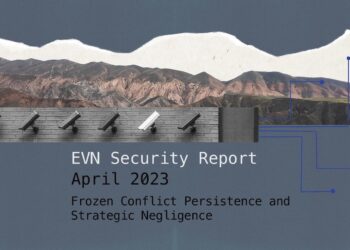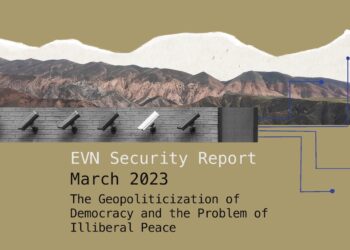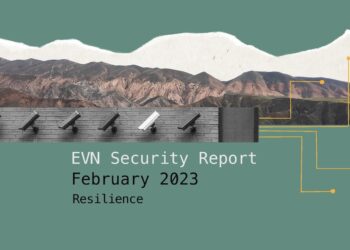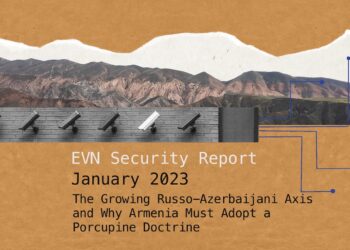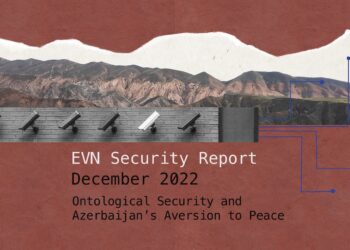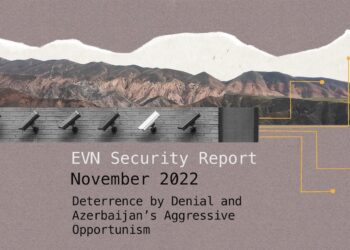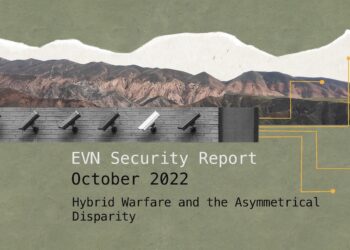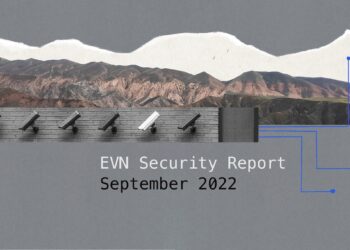EVN Security Report: April 2023
Russia’s refusal to either enforce or impartially implement the terms of the November 9 tripartite statement that ended the 2020 Artsakh War has generated a growing cleavage between Armenia and Russia, revealing Moscow’s preference for frozen conflict persistence.

